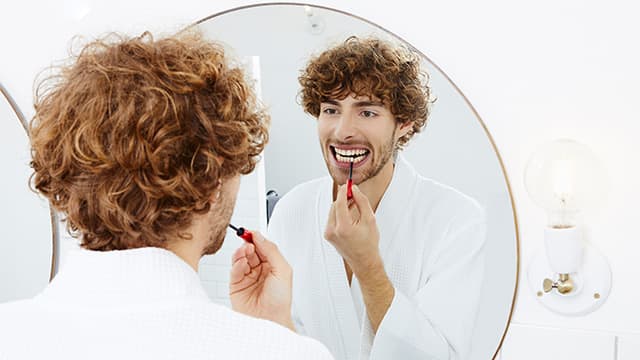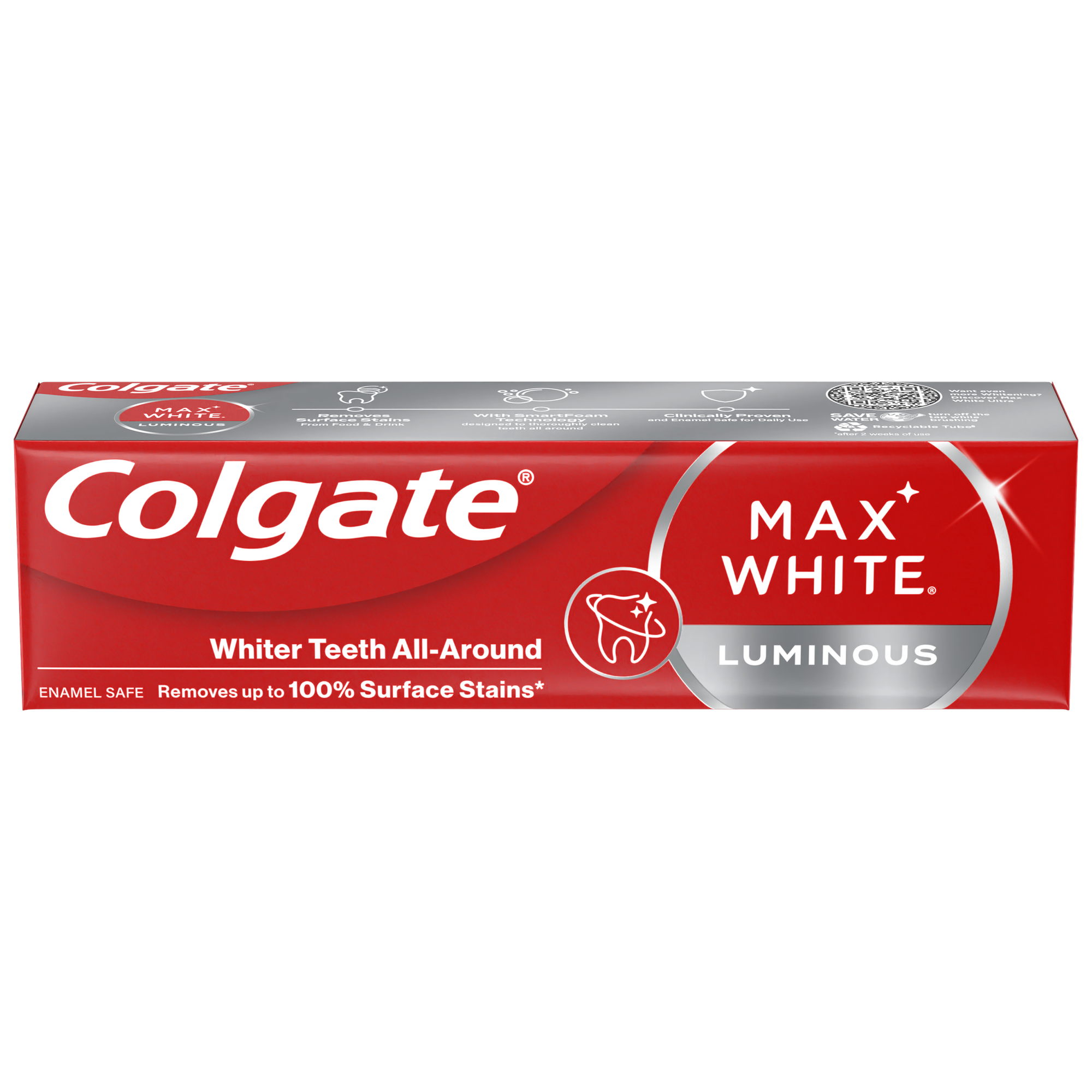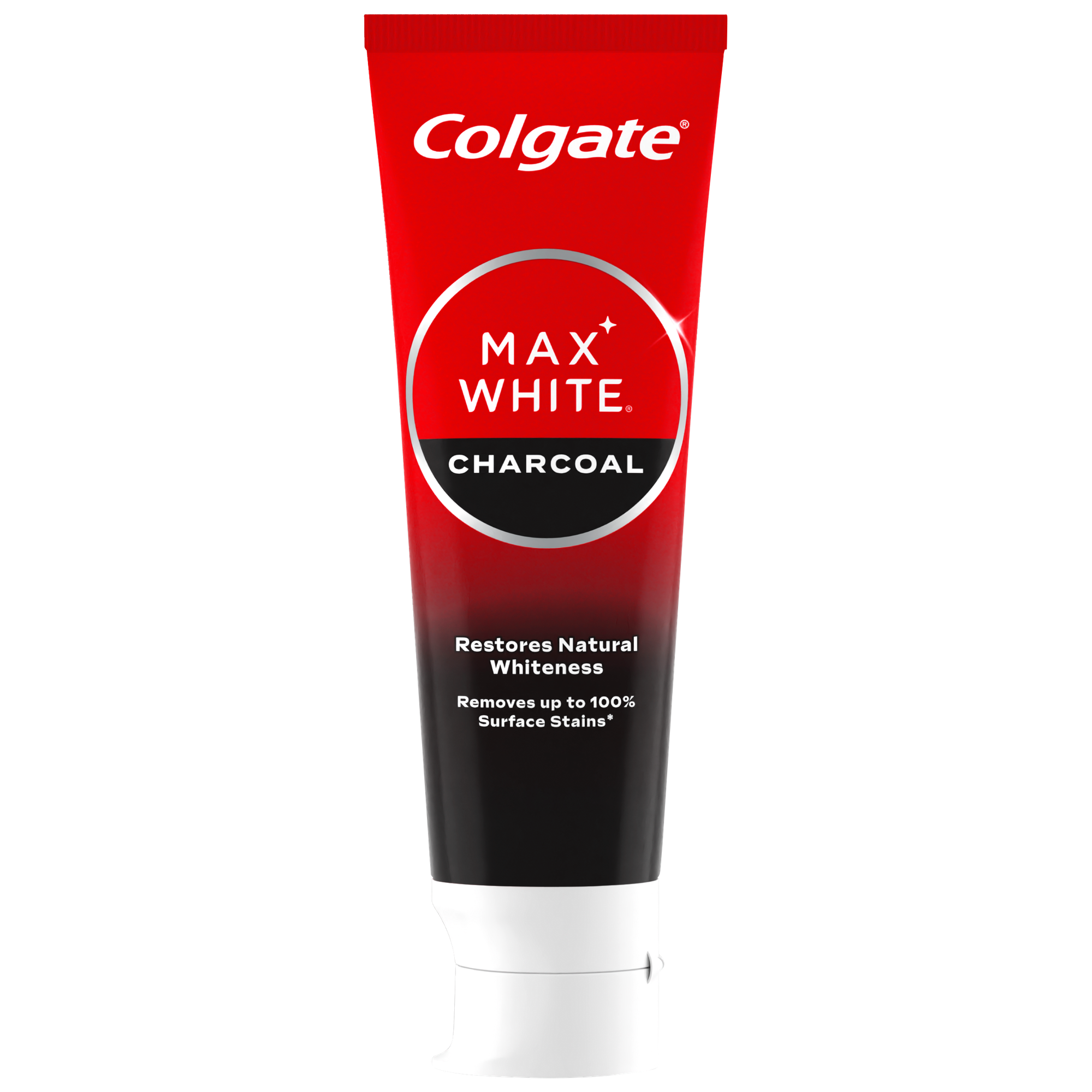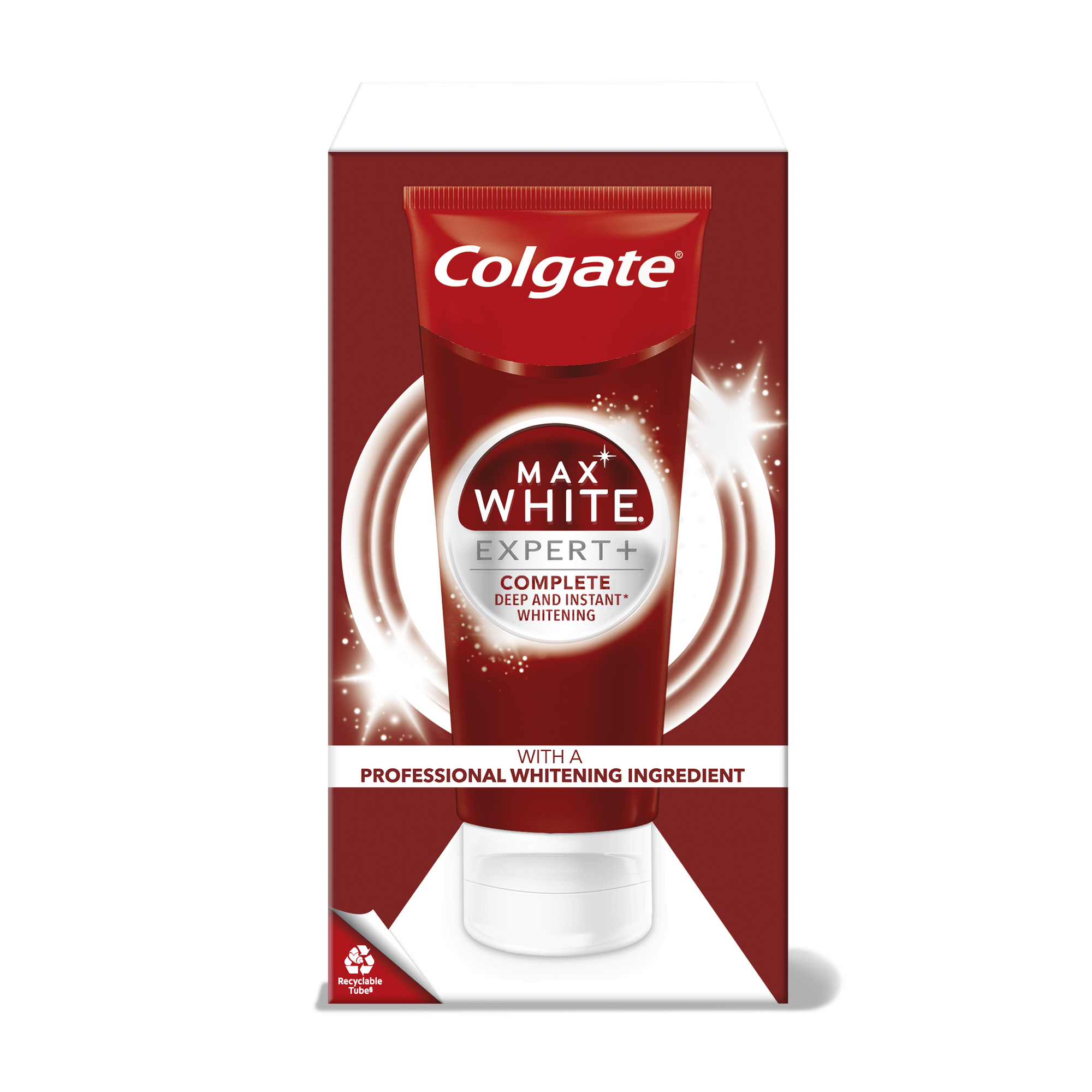Why red wine stains teeth
So, does red wine stain your teeth? The short answer is yes – but you shouldn’t worry if you’re maintaining excellent oral health care habits and consuming red wine in moderation. When looking into why red wine stains, it’s worth looking at what kind of stain it causes. According to the Journal of Dentistry, red wine stains are considered extrinsic stains, which means the stain results from coloured compounds contacting your enamel (intrinsic stains, conversely, are stains that occur inside the tooth). In other words, like tea or coffee, red wine stains because of the intense coloured pigments interacting with the outside of your teeth.
To break down the science, when you drink red wine, your teeth are encountering three threats. According to the British Journal of Nutrition, first there are polyphenols, which cause thick layers of stains to build up. Next is the acidity found in wine, making your enamel more porous, thus causing the wine stain to stick. The third threat, according to the Journal of Dentistry, is the tannins (which come from the skins, seeds, and stems) that can promote staining of your teeth. Therefore, it’s essential to maintain healthy enamel care and prevent plaque build-up so that the wine pigment has a more challenging time sticking to your teeth.
Still, there’s no need to panic over switching to white wine for your festive gathering. It’s still a great choice and also has known health benefits. According to the British Heart Foundation, red wine is linked to benefits like lessening heart disease risk. That being said, it’s always best to consume alcohol in moderation.
Tips and tricks for reducing red wine stains
Want to learn how to stop red wine from staining your teeth? Here are a few methods to keep in mind at that Christmas party or any time you decide to sip a glass of red.
- Brush and floss beforehand: Stains cling to the film of plaque on your teeth, so a thorough brushing and flossing before heading into your festive event is a good personal rule to follow. By adequately removing new plaque biofilm and food residue from your teeth before an indulgent meal, you can minimise your chances of staining. Cleaning your teeth on this type of schedule also cuts down your tooth decay and gum disease risk.
- Rinse your mouth afterwards with water: To help prevent red wine from lingering on your teeth, take a swig of water, which is generally a good habit while consuming alcohol to keep you hydrated. You may think it makes sense to brush the wine off your teeth, but as the European Food Information Council recommends, you should avoid brushing your teeth right away if you’ve eaten an acidic food or drink. The acid weakens tooth enamel and brushing too soon can remove it. If you do want to brush, wait at least 30 minutes.
- Eat as you drink: Consider munching on cheese as you drink; this food can act as a barrier to the acid in red wine. That’s because foods that stimulate saliva can help reduce the effects of acid and restore minerals to areas of teeth, according to the European Food Information Council. Go with hard cheeses, which can stimulate saliva flow and naturally scrub away drink stains.
- Use whitening toothpaste - Whitening toothpaste works to remove surface stains on your teeth that naturally occur over time and prevent new stains from forming. It’s a good idea to switch to a whitening toothpaste if you’re concerned about keeping your smile bright at any time of year.
If you want to explore a more extensive whitening routine, you may want to consider an at-home or professional treatment. Talk to your oral care provider about your specific concerns and they can recommend the best teeth-whitening method for your needs. As with most dental concerns, keeping your commitment to regular professional cleanings and check-ups can go a long way in preventing permanent stains from acidic drinks or foods you want to enjoy on occasion.
Christmas is a wonderful time of the year to share with family and friends – and you don’t have to get bogged down by a red wine stain on your teeth. Just practise these tips and maintain a great oral health routine to ensure your smile is sparkling as you enjoy your favourite red.
ORAL HEALTH QUIZ
What's behind your smile?
Take our Oral Health assessment to get the most from your oral care routine
ORAL HEALTH QUIZ
What's behind your smile?
Take our Oral Health assessment to get the most from your oral care routine













